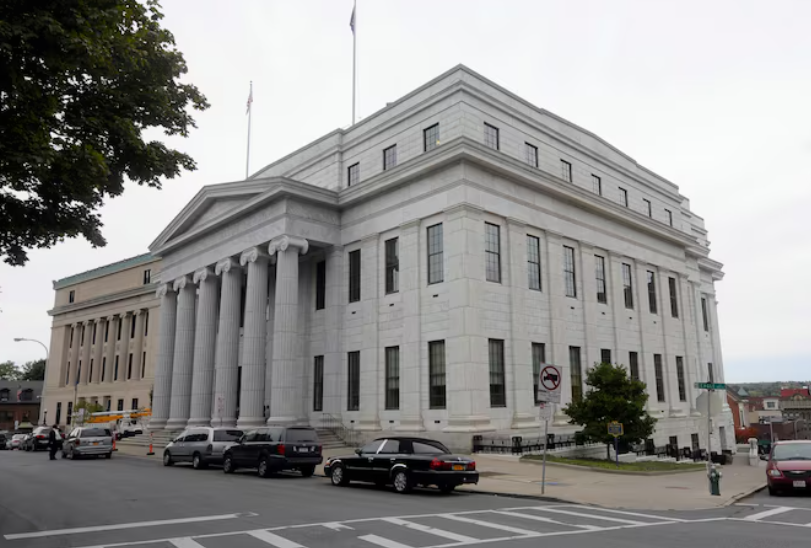New York’s highest court ruled on Tuesday that employers’ health insurance plans must cover medically necessary abortions. The court rejected a lawsuit by the Roman Catholic Diocese of Albany, which argued that the law’s exemption for religious employers was too narrow.
The New York Court of Appeals found that the 2017 rule, implemented by the state’s Department of Financial Services (DFS), did not violate religious employers’ freedom. The court deemed both the rule and its religious exemption neutral and generally applicable to all employers.
The state legislature codified the 2017 rule into law in 2022, although the lawsuit did not challenge this law. Dennis Poust, executive director of the New York State Catholic Conference, stated, “We continue to believe that the regulatory action by the state, as well as subsequent legislative action, requiring religious organizations to provide and pay for coverage of abortion in its employee health plans is unconstitutional and unjust.” He confirmed that the Diocese would appeal to the U.S. Supreme Court.
DFS Superintendent Adrienne Harris asserted, “DFS’s actions have ensured that women in New York have control over their reproductive choices, and that insurers cover abortions and contraceptives with no copayments, deductibles, or any out-of-pocket costs.”
The rule’s religious exemption applies to non-profit entities primarily focused on the “inculcation of religious values” and that primarily employ and serve people who share their religious beliefs. The Diocese argued that this exemption was too narrow, as it excluded religious organizations with broader missions, such as serving the poor, or those employing or serving many people who did not share their religion.
In a previous challenge in 2020, the Court of Appeals rejected the Diocese’s claims, referencing an earlier case that upheld a contraception coverage requirement with a similar religious exemption.
In June 2021, the U.S. Supreme Court ruled that Philadelphia could not refuse to place foster children with a Catholic agency that turned away same-sex couples as potential foster parents. The Supreme Court then ordered the New York court to reconsider the abortion coverage case in light of that ruling. However, the Court of Appeals stated in Tuesday’s decision that the Supreme Court’s ruling did not alter the outcome because it focused narrowly on the facts of that case and did not overturn the longstanding precedent that neutral, generally applicable laws can sometimes restrict religious expression.
While Republican-led states have banned or restricted abortion following the Supreme Court’s 2022 decision to eliminate a nationwide right to abortion, Democratic states have moved to safeguard and expand abortion access.

